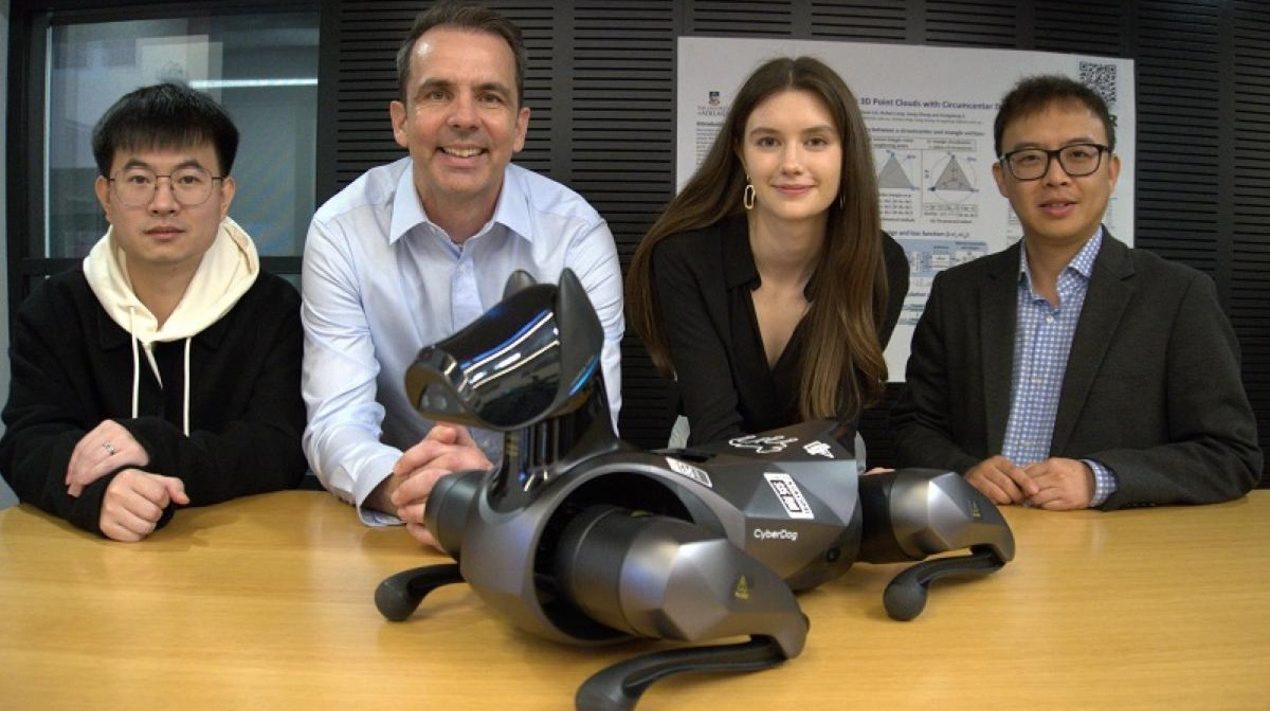
According to the National Economic and Development Authority (NEDA), the government intends to maintain the most recent advancements in the country’s labour market circumstances by carrying out significant economic reforms and utilising digital technology to increase employees’ employability.
According to data released by the Philippine Statistics Authority (PSA), the nation’s jobless rate dropped from 5.7% in April of last year to 4.5% in April 2023. This shows a drop in the number of unemployed people by 506,000.
All age groups can clearly see the fall, although the youth (-161,000) and prime working age group (-306,000) have seen the biggest drops. Additionally, the underemployment rate dropped from 14.0% to 12.9% in April 2023, which resulted in 199,000 fewer underemployed people than the previous year.
NEDA Secretary Arsenio Balisacan noted that the government reaffirms its commitment to the unhindered implementation of economic liberalisation reforms and other crucial laws to ensure the continuation of this trend.
To increase the employability and productivity of the workforce, extensive collaborations between governmental organisations and society at large will supplement these efforts.
He added that the government may use digital technologies to promote innovation, improve services, and efficiently address workforce demands. As a result, the full implementation of the Philippine Digital Workforce Competitiveness Act is essential for stimulating innovation and providing the workforce with skills in digital technology.
To address skill gaps, provide direction on in-demand skills, and empower Filipinos using technologies like artificial intelligence (AI) and extended reality, he emphasised the importance of collaboration among government agencies, training institutions, technology providers, and other stakeholders.
Improving the labour market through reforms and digital technology reduces unemployment and underemployment, offering greater chances for individuals to find stable and meaningful work. This, in turn, increases the country’s overall economic well-being.
Using digital technology also improves workers’ employability by providing them with in-demand digital skills. This allows people to adapt to changing job needs and boosts their chances of getting good work in a technologically advanced economy.
Implementing economic reforms encourages innovation and improves services, allowing the government to respond to workforce requirements more effectively. It promotes collaboration among many stakeholders, including government agencies, training institutions, and technology providers, in order to alleviate skill gaps and guide individuals towards learning necessary skills.
Further, NEDA has assured the foreign business community that the Philippine government is taking steps to resolve concerns in the country’s labour and industrial sectors, as described in the Philippine Development Plan (PDP) 2023-2028.
The NEDA chief noted that a key issue originates from a mismatch between industry demands and capabilities generated by educational and training institutions. He noted that concrete answers to this problem include boosting access to lifelong learning opportunities through apprenticeships and increasing investments in Technical and Vocational Education and Training (TVET) programmes.
Secretary Arsenio also emphasised the possibility of active partnerships with the business sector or industry associations, which might help education and training institutions efficiently identify and address talent gaps.
Several investors have also expressed their enthusiasm for recent legislative advances in the Philippines, with a particular focus on the country’s recent game-changing reforms to pique investor interest.
The NEDA also discussed numerous infrastructure projects and investment policy reforms, emphasising the need for public-private partnerships in the nation’s development, particularly given the country’s limited fiscal space.
















